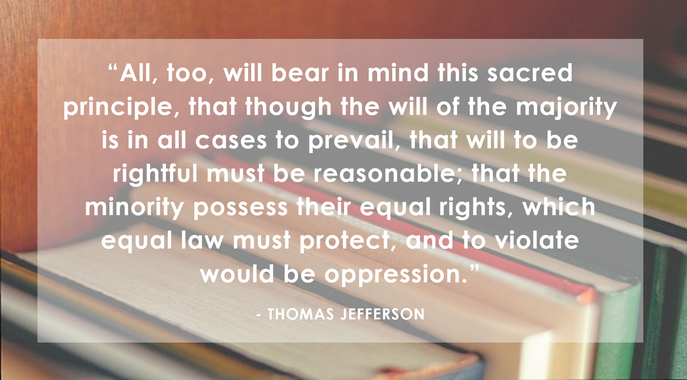“Racial segregation has come back to public education with a vengeance.” - Jonathan Kozol
After listening to this podcast, I hope it has evoked some type of feeling around this topic and are willing to share. What are your thoughts? Leave a comment to start the conversation about desegregation in your life and in our schools.
Darrell Burns, Assistant Director of Behavioral Intervention

 RSS Feed
RSS Feed